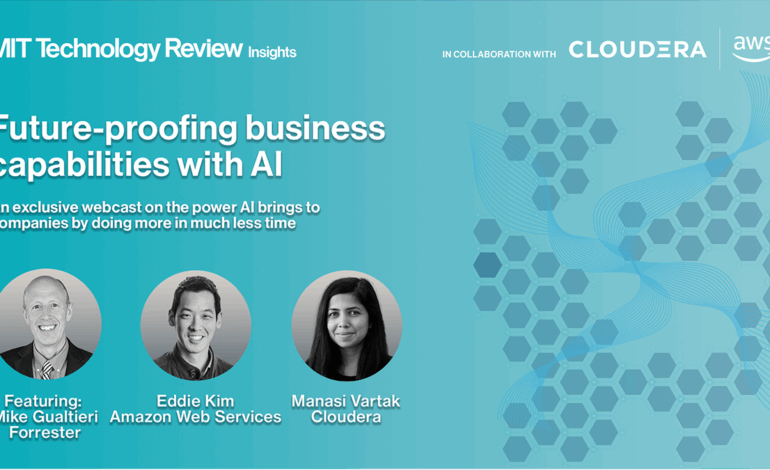AI Revolutionizes Business: Speeding Processes, Saving Millions

URGENT UPDATE: Artificial intelligence (AI) is transforming business operations at unprecedented speed, with companies leveraging AI to cut critical workflow times from hours to mere minutes. The momentum is palpable, as organizations across sectors—from oil and gas to retail—adopt AI technologies, marking a significant shift from pilot projects to real-world applications.
In a recent statement, Manasi Vartak, chief AI architect at Cloudera, emphasized the transformative power of AI, stating,
“What GenAI and AI agents are allowing us to do is really give superpowers to business process automation.”
This surge in AI adoption is largely propelled by the proliferation of AI agents capable of automating tasks and enhancing efficiency.
New reports confirm that AI agents are streamlining operations by handling tasks traditionally performed by humans, such as interpreting claim forms or processing contract reviews, significantly reducing response times. For instance, a global energy company has slashed threat detection times from over an hour to just seven minutes. Meanwhile, a Fortune 100 legal team is reportedly saving millions through automated contract evaluations.
However, the rapid integration of AI comes with challenges. Privacy, security, and the accuracy of large language models (LLMs) remain pressing concerns. Enterprises are navigating the complexities of cost management and data quality while striving to build sustainable AI systems. Eddie Kim, principal advisor of AI and modern data strategy at Amazon Web Services, underscored the importance of leadership in crafting an AI strategy that balances innovation with risk management. He stated,
“Your leadership is especially critical in making sure that your business has an AI strategy that addresses both the opportunity and the risk.”
The accessibility of AI tools is also evolving. Advances in usability are enabling nontechnical staff to adopt and adapt AI technologies for their specific needs. Organizations are urged to equip their workforce with the skills necessary to navigate this rapidly changing landscape, ensuring a pathway to fluency with AI tools.
The implications of these developments are profound. A humanitarian aid group is using AI to enhance its response times to crises, demonstrating the human impact of these technologies. The case studies emerging from various sectors illustrate that when data, infrastructure, and AI expertise converge, the results can be transformative.
As organizations continue to explore the future of AI, including potential developments like autonomous agents and domain-specific models, questions about trust, governance, and responsible deployment loom large. The race is on for businesses to effectively integrate innovation with scale, security, and strategy.
Stay tuned for further updates as this story continues to develop. Don’t miss the opportunity to watch the latest webcast that dives deeper into the future-proofing capabilities of AI in business.






